Take to the skies with Microsoft Flight Simulator, finally making its return on a massive scale later this year.
Microsoft Flight Simulator soon wraps its lengthy absence with an ambitious next endeavor, shaping up to be the premier playground for virtual aviators. This cloud-powered entry maps every inch of the globe with striking accuracy while injecting real-world data to spring its backdrop to life. The result promises unmatched scope and authenticity, with real potential to disrupt the simulation scene. It's a technical marvel — but more than just a pretty face.
Here's what you need to know about Microsoft Flight Simulator 2020, headed to Windows 10 PCs later this fall.
Jump to:
- MSFS 2020 release date
- Latest MSFS 2020 news and leaks
- How to play MSFS 2020 Alpha tests
- New features in MSFS 2020
- Watch the trailers
- What we know about multiplayer
- PC system requirements
- Prepare for the closed beta
- Will MSFS 2020 support VR?
- Will MSFS 2020 allow mods?
- Is MSFS 2020 coming to Xbox?
- Will it hit Xbox Game Pass?
Microsoft Flight Simulator release date
Microsoft unveiled the latest Flight Simulator iteration at E3 2019, coupled with a brief teaser spotlighting its cloud-powered virtual world. Xbox Game Studios and partner Asobo Studio continue to target availability later in 2020 for Windows 10. The exact launch window remains unclear, but with its closed beta scheduled to arrive in July, sometime later in the year appears increasingly certain.
Flight Simulator has only talked Windows 10 PCs, but with Microsoft recently committing to bring its future titles to Steam, it appears the title could also ship outside the integrated Windows Store. The project also targets Xbox One consoles, likely extending to the next-generation Xbox Series X. However, Microsoft has been keen to stress that Flight Simulator 2020 is developed as a PC-first experience, with the console release likely to come later.
Expect additional news surrounding Flight Simulator availability later this year, potentially during Microsoft's July Xbox Series X event.
Latest Microsoft Flight Simulator 2020 news
Microsoft Flight Simulator Alpha 5 releases July 9
The Microsoft Flight Simulator team has dropped its latest development update, confirming plans to release the fifth major iteration of its alpha preview builds on July 9.
While we're yet to receive a full changelog overview, Alpha 5 is likely the final major release ahead of the closed beta. Microsoft has reaffirmed plans to drop its closed beta later this July, with a firm release date slated for July 9.
How to play Microsoft Flight Simulator 2020 alpha test
Microsoft Flight Simulator alpha tests remain underway, with its first publicly-available builds distributed to select participants in October 2019. The development team continues to trial new features among closed testers, tied up with a non-disclosure agreement (NDA) to prevent discussions, screenshots, and footage on the web.
The Microsoft Flight Simulator Insider Program hosts the alpha, providing a platform to filter out the best testing candidates while providing clear channels for user feedback. Those looking to access early builds must register via the Flight Simulator website, while also using the Xbox Insider app for Windows 10.
While current world events and working from home pose new challenges, Flight Simulator testing appears on track. Microsoft plans to release its first Alpha 5 build on July 9, which marks its last alpha milestone ahead of launch. The transition into closed beta will follow, anticipated for a release in late July. The closed beta debut should see more players jump onboard while adding fewer new features, and moving to final polish.
What's new with Microsoft Flight Simulator 2020
Microsoft Flight Simulator falls among Redmond's classic franchises, even predating their now-fundamental products like Windows and Microsoft Office. The mainline series has now sat dormant for over one decade, with its last full-fledged simulation, Microsoft Flight Simulator X, released back in 2006. Microsoft did experiment with a more accessible, free-to-play experience via the ill-fated Games for Windows Live, but it's been a long time waiting for Flight Simulator fans.
This return isn't a simple iteration. Instead, Bordeaux-based talent, Asobo Studio, reinvents its approach by reworking gameplay fundamentals around the company's cloud strengths. Its lifeline is a globe backed by Microsoft Azure, leveraging satellite data and artificial intelligence (AI) to portray unparalleled accuracy and fidelity across its locales. The title parses numerous datasets in real-time, creating an experience set to disrupt the simulation space.
The core of Microsoft Flight Simulator 2020 is its mapping data pulled from Bing Maps, enhanced with photogrammetry, converting 3D scans of the environment into the game world. Other applied sources include terrain data for landscaping, foliage density mapping billions of trees, real-time meteorological data, and air traffic updates. The team has also bundled 37,000 manually edited airports, with their own air and ground traffic. These allow Microsoft to recreate environments down to the individual tree — a feat impressive even to the casual onlooker.
That 1:1 global representation makes visual flight rules (VFR) a viable reality, allowing pilots to navigate the globe by-eye.
Where Microsoft Flight Simulator advances world fidelity, it also pushes improved weather. The in-game climate now influences all corners of the globe, helping depict accurate real-time conditions, with an impact on flight. While you can fine-tune the weather around preferences, it also provides the capability to fly according to live data.
Microsoft's partnership with weather data firm Meteoblue powers those weather models, leveraging its legacy in prediction and historical records. The temperature, wind speed, humidity, pressure, and other data all factor into the simulation, visualizing the climate, with corresponding aerodynamics. There's also the traditional day-night cycle, spotlighting new lighting systems to better represent cities after dark, and a seasonal rotation from blazing summers to heavy snow.
We've seen Microsoft keen to boast its new cloud systems, fully conveying shape, density, and fluffiness through 32 volumetric layers. That considers different cloud types, and once again, their aerodynamic influence.
We've also received insight into the accompanying aerodynamics system, considering air mass, airflow, and the impact of the surrounding terrain. The reworked systems fully account for the environment, with hills, trees, and buildings all filtering into backend physics.
The latest aircraft models also subdivide into thousands of surfaces, each affected by pressure, humidity, and speed. Real-time three-dimension calculations help the plane handle realistically, with Microsoft detailing examples of per-wind turbulence, or support for more advanced aerobatics.
These are just some of the systems that culminate in Microsoft Flight Simulator 2020, both an impressive technical showcase, and one of the most innovative entries in the genre for years.
Check out Microsoft Flight Simulator's latest trailer
The successor to its initial E3 2019 reveal, our latest Microsoft Flight Simulator trailer debuted in November at the Xbox "X019" event. The two-minute montage spotlights the sheer diversity in its cloud-backed environments, transitioning from forests, deserts, through oceans in various aircraft. It also served as our first look at the classic Boeing 747 airliner in Microsoft's upcoming title.
But that's far from our only footage, with a wealth of teasers hosted via the official Microsoft Flight Simulator YouTube channel. The videos show all aspects of the title, including its ongoing "Feature Discovery" series, a deep dive into the sandbox, and the scale of its new simulation.
Does Microsoft Flight Simulator 2020 have multiplayer?
While Microsoft has primarily focused its efforts toward authentic solo flight, multiplayer also plays a crucial role in its vision. Virtual pilots can join an online game populated with players from all backgrounds, or configure private sessions alongside friends.
The new Flight Simulator experience comes divided across several modes, with its "live players" setup representing the full realism you'd expect. Those lobbies recommend players to abide by all rules and regulations, with real-time live weather and air traffic reflected at all times. There's also the choice of more casual free flights, with precise control over conditions and flight variables.
Microsoft has also discussed various technologies to ensure multiplayer handles as expected, including smooth flight animations that eliminate any form of judder. The game servers automatically optimize to only show planes with 200 kilometers, limited to the 50 closest pilots.
Microsoft Flight Simulator 2020 system requirements
The sheer scale of Microsoft Flight Simulator 2020 demands some impressive technology behind-the-scenes, but its PC system requirements aren't too dissimilar from your average release. We've already received the likely specs you'll need, amid ongoing alpha testing for select participants.
Microsoft has provided its overview of minimum, recommended, and ideal, spanning entry-level hardware through to the latest flagship combinations. While low-spec PCs should be capable of streaming its hyper-realistic world, its "recommended" or "ideal" builds will best represent its visual fidelity. You also need to consider the bandwidth requirements to stream the world in real-time. The full Microsoft Flight Simulator 2020 requirements follow below.
| Minimum Spec | Recommended Spec | Ideal Space | |
|---|---|---|---|
| CPU | AMD Ryzen 3 1200 Intel i5-4460 |
Ryzen 5 1500X Intel i5-8400 |
AMD Ryzen 7 Pro 2700X Intel i7-9800X |
| GPU | Radeon RX 570 Nvidia GTX 700 |
Radeon RX 590 Nvidia GTX 970 |
Radeon VII Nvidia RTX 2080 |
| VRAM | 2GB | 4GB | 8GB |
| RAM | 8GB | 16GB | 32GB |
| Storage | 150 GB | 150 GB | 150 GB (SSD) |
| Minimum OS version | Windows 10 Nov 2019 update (1909) | Windows 10 Nov 2019 update (1909) | Windows 10 Nov 2019 update (1909) |
| Internet requirement | 5 Mbps | 20 Mbps | 50 Mbps |
When is the Microsoft Flight Simulator 2020 closed beta?
Microsoft Flight Simulator remains on track with its development roadmap, still committed to delivering its first closed beta build in July. The closed beta marks the next milestone ahead of launch, winding up the addition of new features for release, and instead shifting efforts toward final refinements. While the closed beta won't be too dissimilar to the later alpha stages, expect a broader pool of testers with further polish to gameplay systems.
With our first Alpha 5 build scheduled for July 9, we're also expecting more details on a firm beta release date. With Microsoft hosting a dedicated Xbox game showcase this July, the final week of the month is probable.
Will Microsoft Flight Simulator 2020 support VR?
The immersion granted by titles like Microsoft Flight Simulator understandably draws the inevitable question — what about virtual reality (VR) support? The project introduces substantial advancements in visual fidelity, even down various gauges and the leather grain lining the cockpit.
While VR represents a fraction of the simulation community, the development team has previously implied interest in delivering support to the growing userbase with headsets. Speaking with Windows Central back during its gameplay reveal, key figures suggested that VR remains on the radar for after launch. But it's a matter of priorities, with no formal announcements made as of mid-2020.
Will Microsoft Flight Simulator 2020 support modding?
Microsoft Flight Simulator will support mods from release, bolstering its broader efforts to embrace community-created content. Third-party expansions have become the lifeline of many leading simulators, with Microsoft already pitching its 2020 title as a platform for future mods.
Head of Microsoft Flight Simulator, Jorg Neumann, previously stated it hopes to bring an integrated marketplace to the project. The storefront aims to provide one-click installations for various content, providing a seamless experience to franchise newcomers. "I'm coming more from games. It's kind of weird," Neumann tells Windows Central. "I need to go to a website and drag stuff into a folder, like odd. I'm not used to that anymore."
The Microsoft Flight Simulator software development kit (SDK) is already in the hands of over 150 third party companies according to the team, with many targeting the product's launch. That's a vastly different approach to past titles, where the SDK often releases alongside the game, and immediately delaying future mods.
Is Microsoft Flight Simulator coming to Xbox One, Xbox Series X?
Microsoft treats the latest Flight Simulator as a PC-first experience, tailored to its more faithful "simmers" that crave authenticity. Our last update on the Xbox console release suggested its arrival after the Windows 10 version, which currently targets late 2020 availability.
The promised Xbox One version will condense its elaborate control scheme to the traditional gamepad, although also likely to support a limited number of third-party peripherals. We expect Microsoft to ship the title on its next-generation Xbox Series X, although we're yet to hear official word on its future console plans.
Expect additional details on Microsoft Flight Simulator 2020 for Xbox One over the months ahead, as its final PC release nears.
Is Microsoft Flight Simulator coming to Xbox Game Pass?
Yes, Microsoft has confirmed plans to bring Flight Simulator to Xbox Game Pass, its Netflix-style subscription service for Xbox One and Windows 10 games. The title will hit Xbox Game Pass to PC at launch, currently priced at $5 per month — with a $1 trial month for newcomers. While Microsoft Flight Simulator 2020 will also ship as a traditional buy-once title, its Xbox Game Pass debut requires the smallest upfront investment.
Prepare for take off
The next Microsoft Flight Simulator still appears to be targeting late 2020 availability, first shipping to Windows 10 PCs, and bundled within Xbox Game Pass too. What do you hope to see from Microsoft's latest? Let us know down in the comments section.

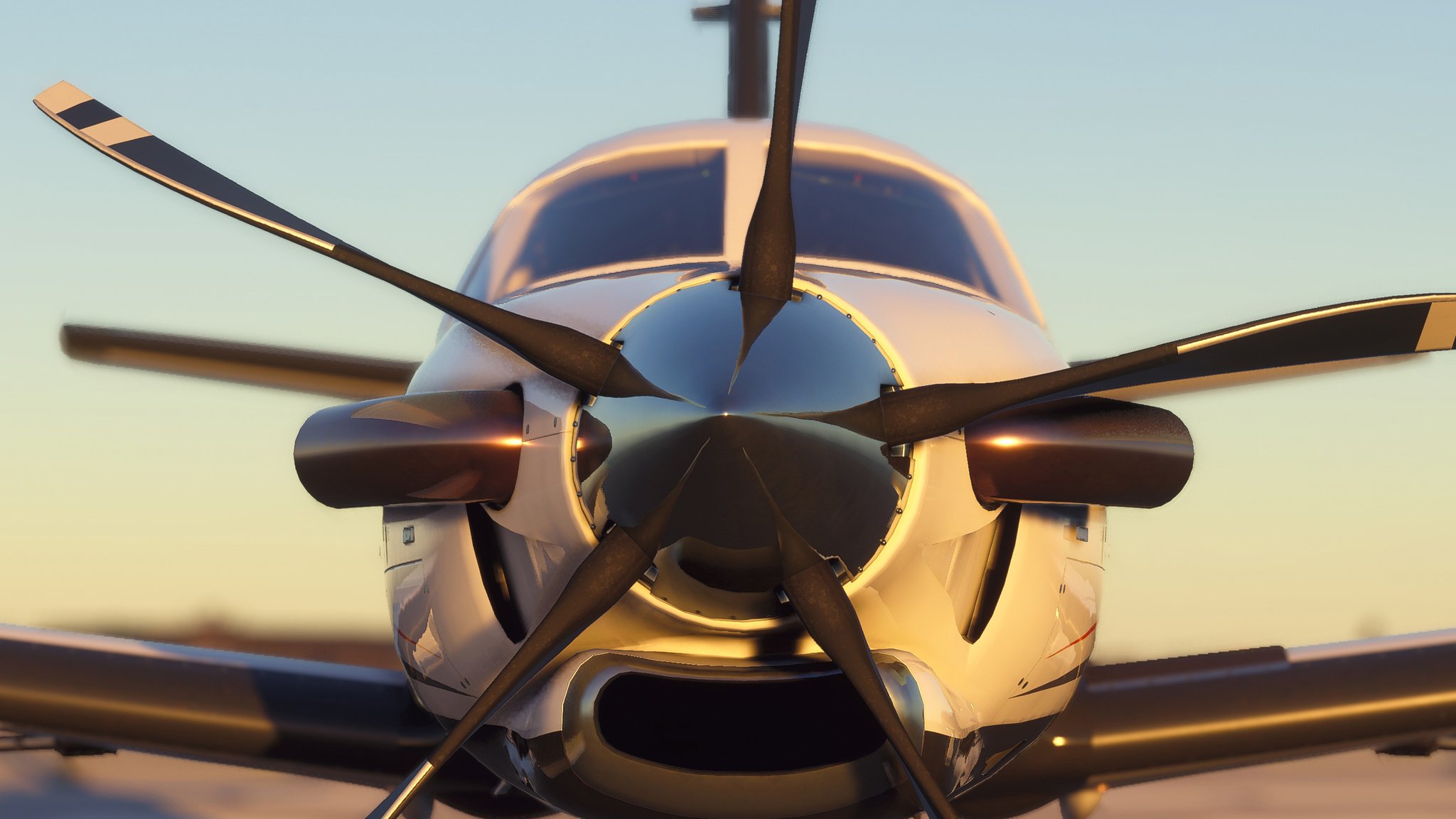
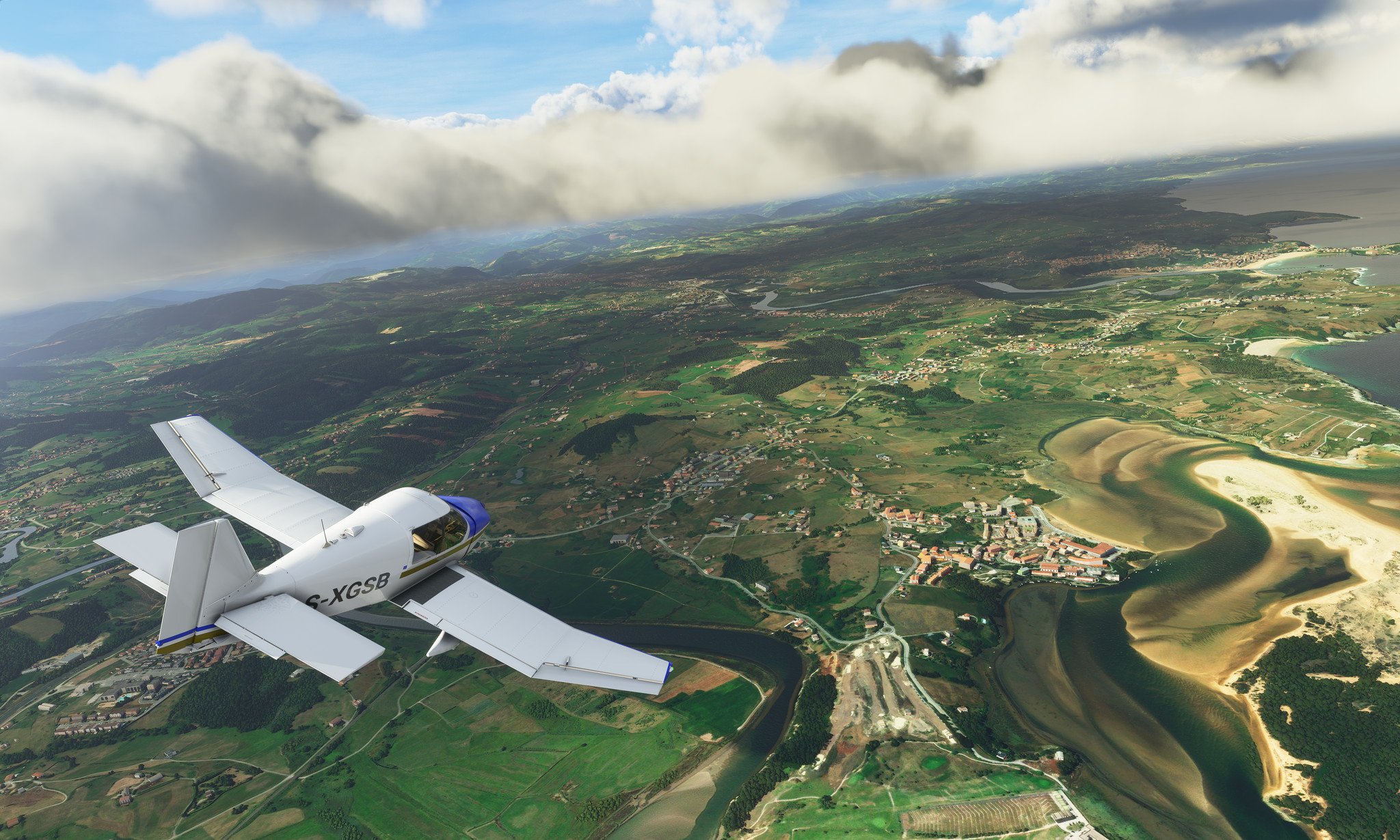

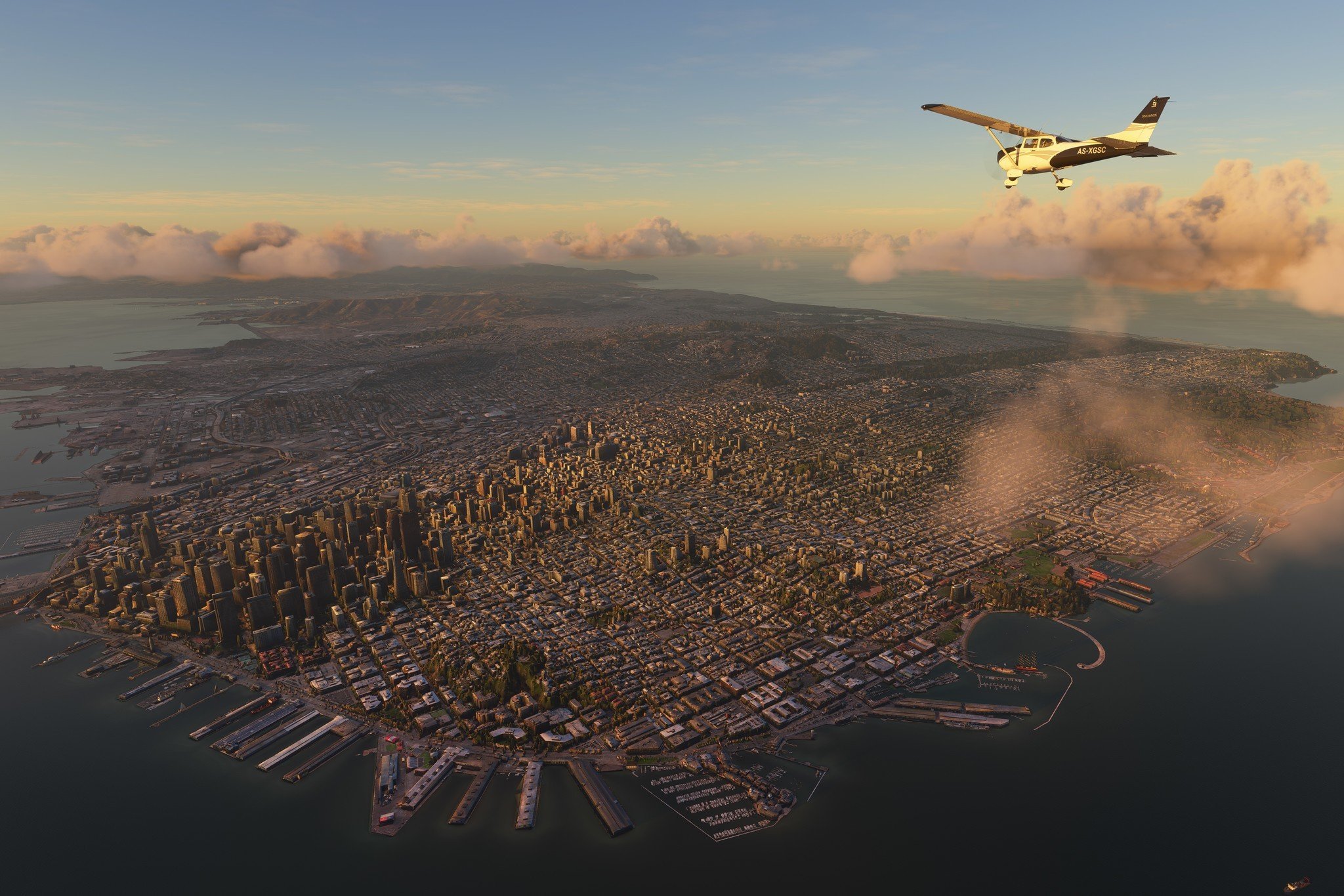
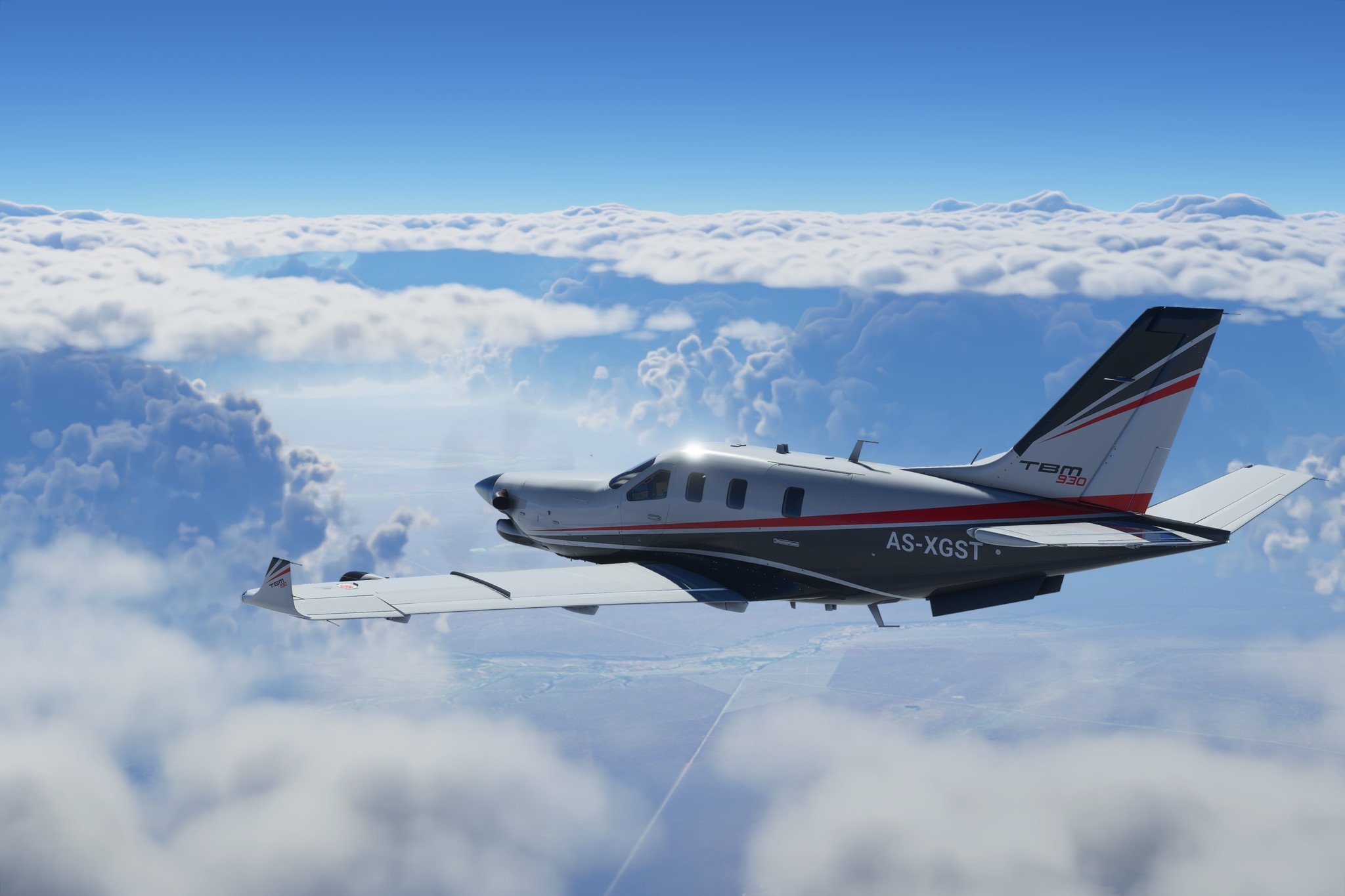
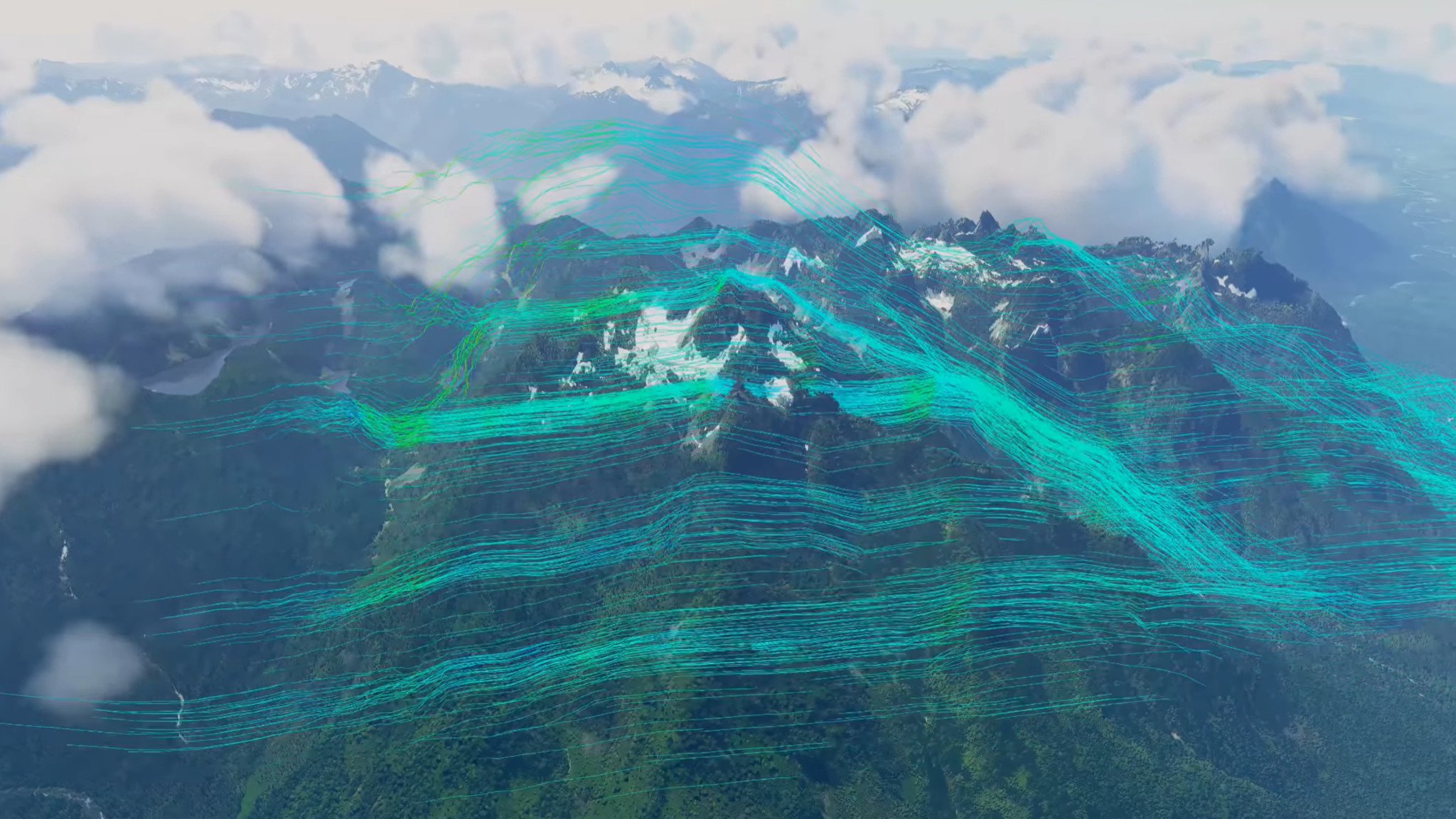
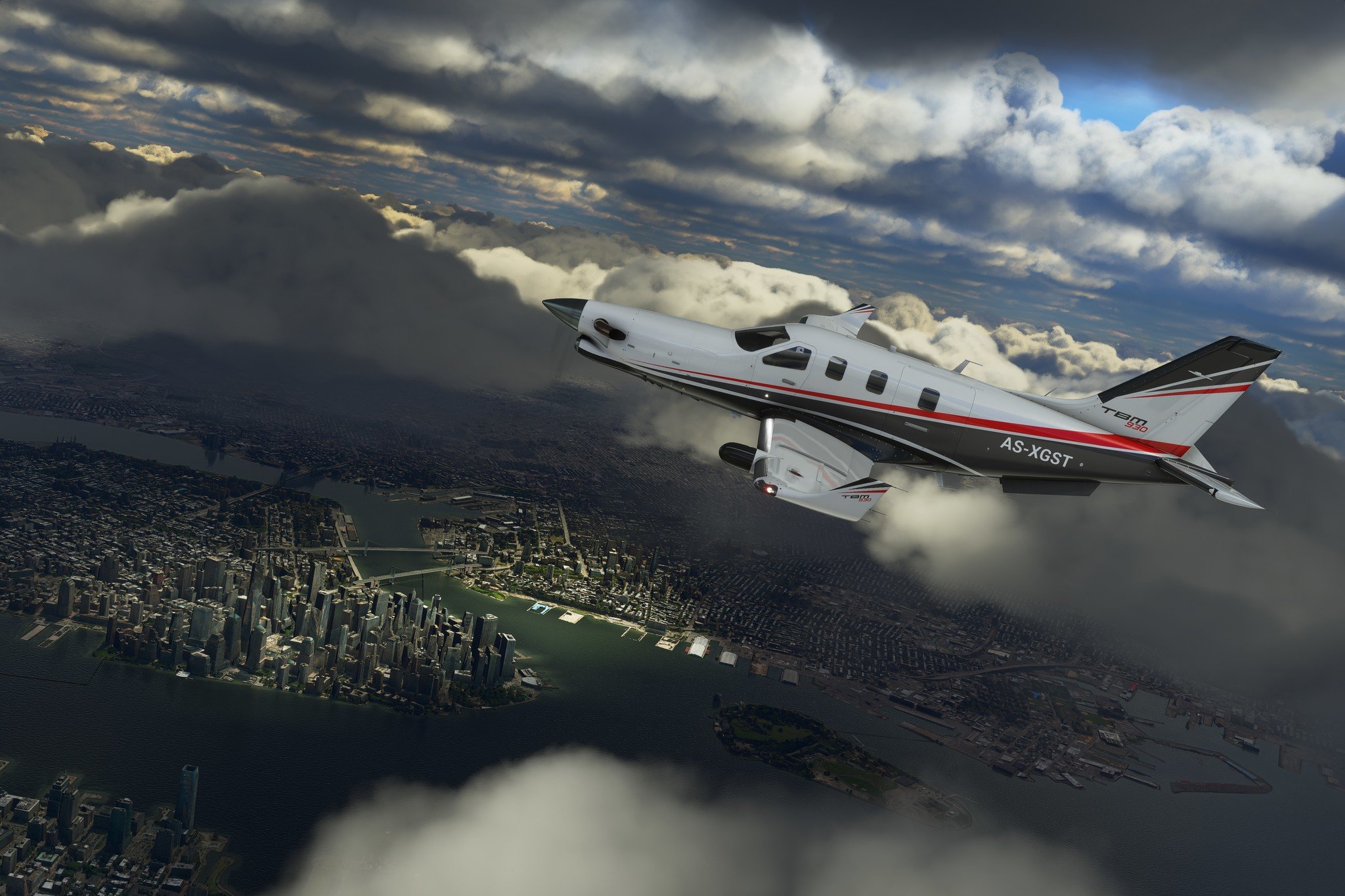
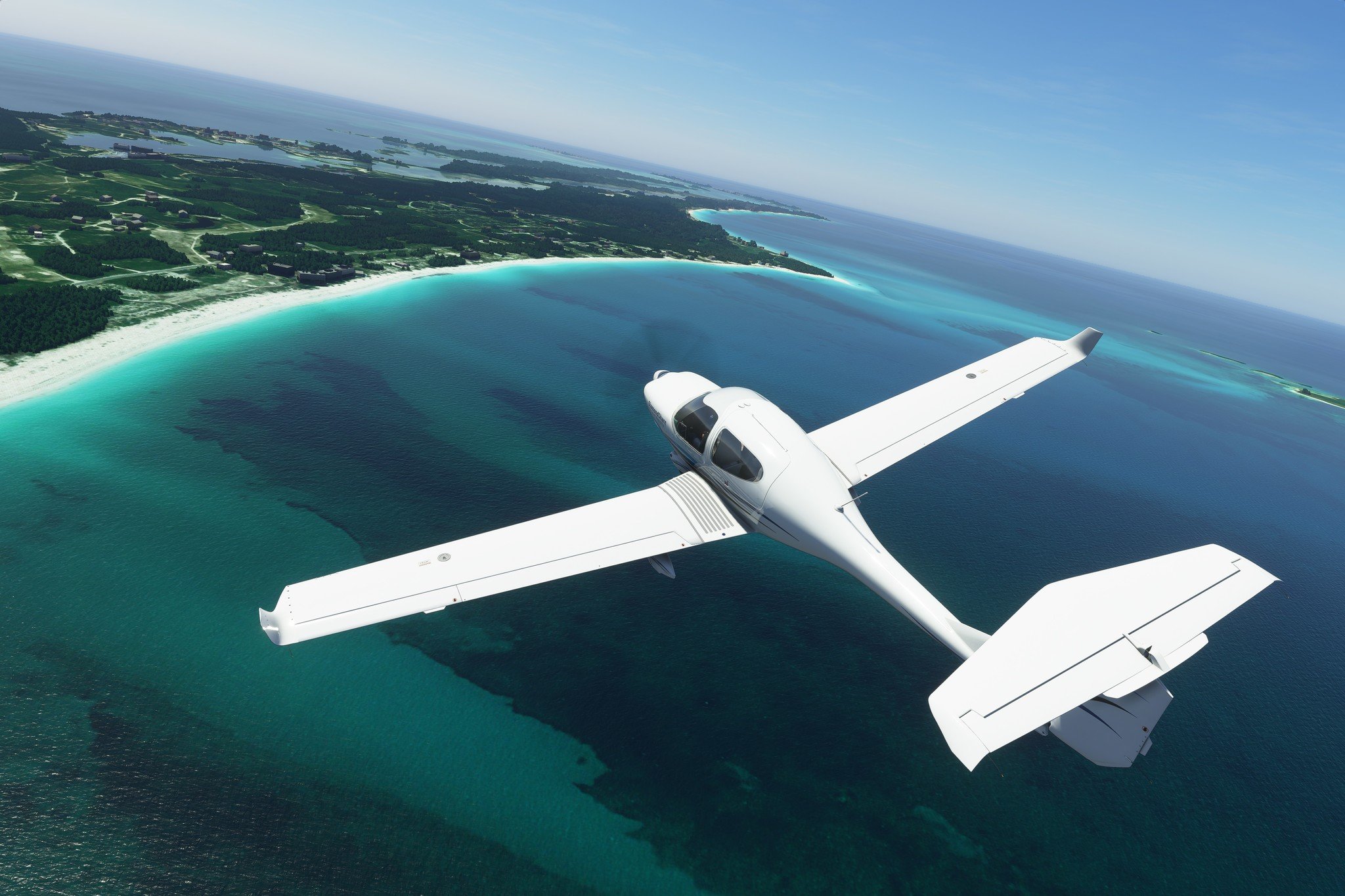
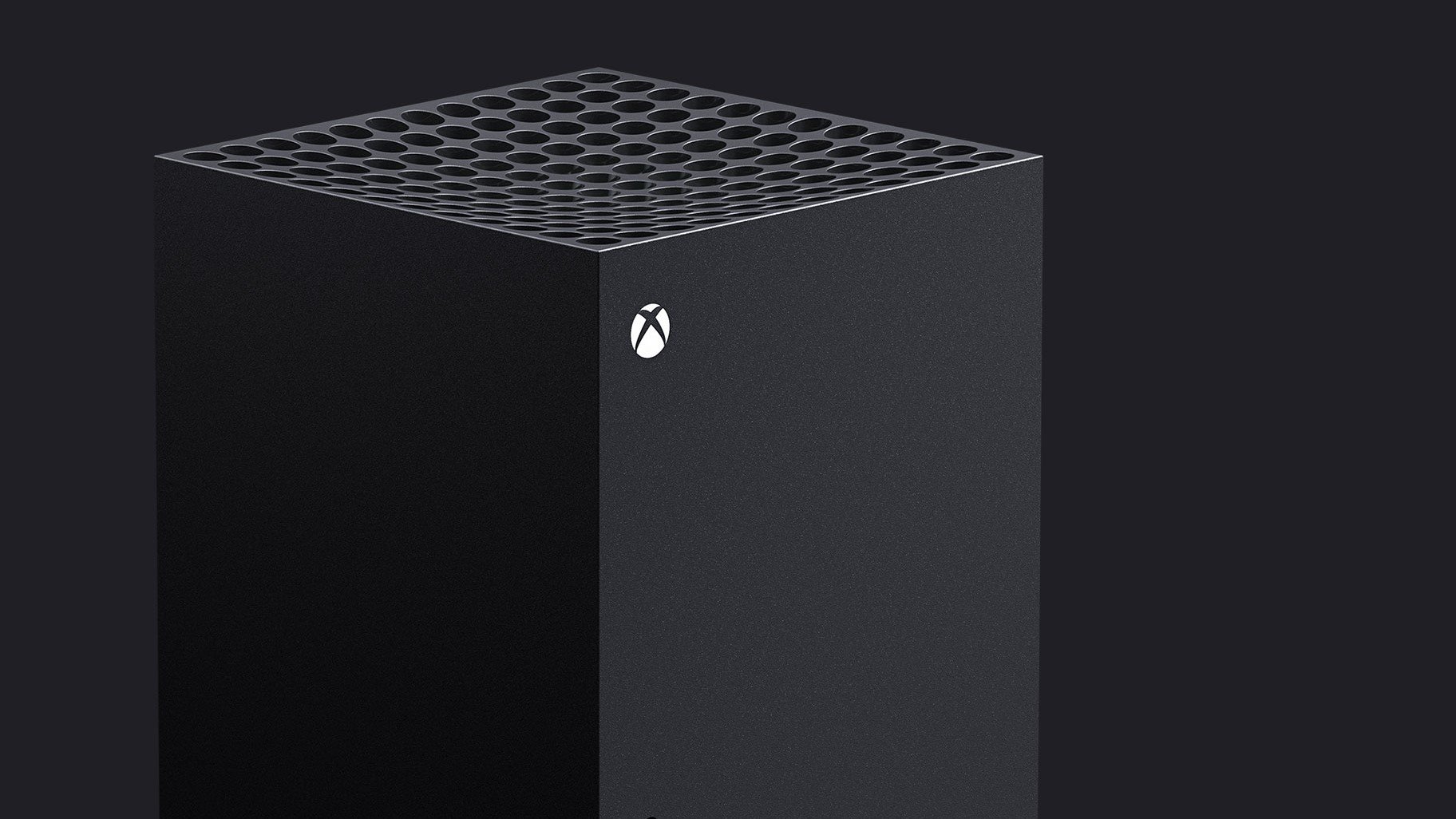




0 comments:
Post a Comment